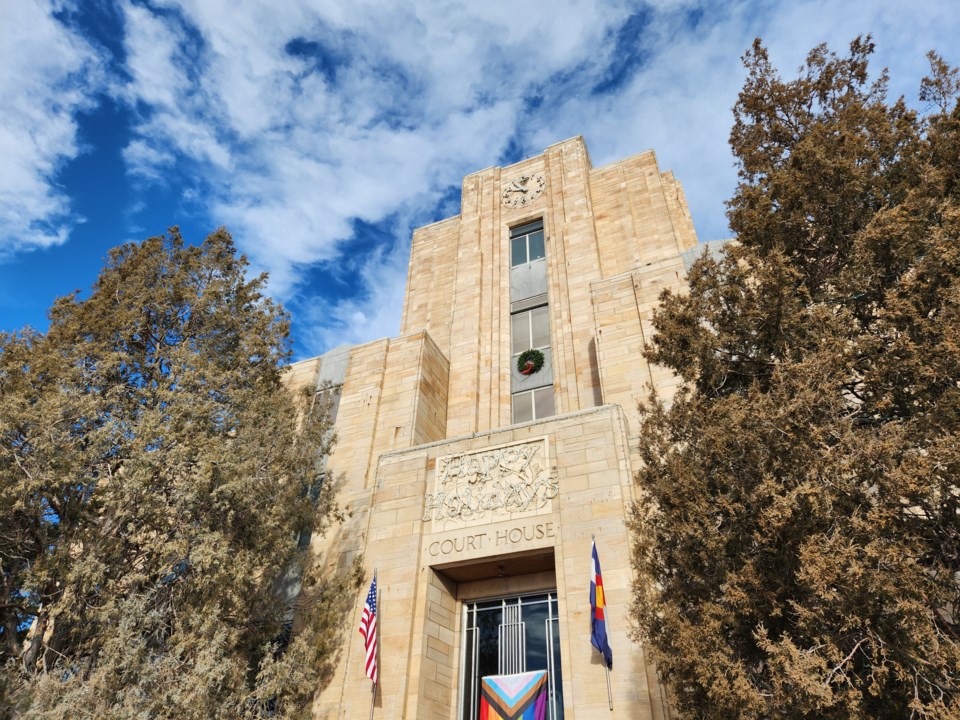With just over a week left to appeal property reappraisals, Boulder County has received nearly 8,000 appeals.
After sending out property revaluation notices at the start of May, owners have until June 8 to appeal the value of their property. This year, appeals are looking like they might outpace the last reevaluation period in 2021, with the Boulder County Assessor’s Office having received 7,579 appeals as of Friday.
Values are established on a two year cycle in Colorado, and this year’s was based on sales in the county from July 1, 2020 to June 30, 2022 as per state law. That was when the market was very hot in Boulder County, Colorado and nationwide — meaning residential valuations went up on average by 35% in Boulder County and even more for commercial properties.
Property owners have a right to appeal their home values and, with valuations going up so much this year, it looks likely that Boulder County will be seeing more appeals than in 2021. The county received a total of 7,850 appeals in 2021, 8,442 in 2019 and 12,961 in 2017, according to County Assessor Cynthia Braddock.
Property values can be appealed online, emailed, faxed, mailed or in person. Braddock said that in past reappraisal years, her office has adjusted approximately 40% of all appeals and denied about 60%.
Filers should provide evidence that their property value is incorrect by including comparable sales. The assessor’s office offers a comparable sales lookup tool for residential property on the website and welcomes any questions on the process from the public.
Once an appeal is submitted, the assessor must mail determinations by Aug. 15. Residents who disagree with the assessor’s determination then have until Sept. 15 to file a written appeal with the Board of Equalization.
Valuation is the first step in determining property taxes in Colorado. Assessors determine the overall value of the property, but owners are taxed only on the assessed value — what that assessment rate is could change depending on voting in November.
From there, taxing districts set the mill levy including county and city governments, school districts, fire districts and other entities.



